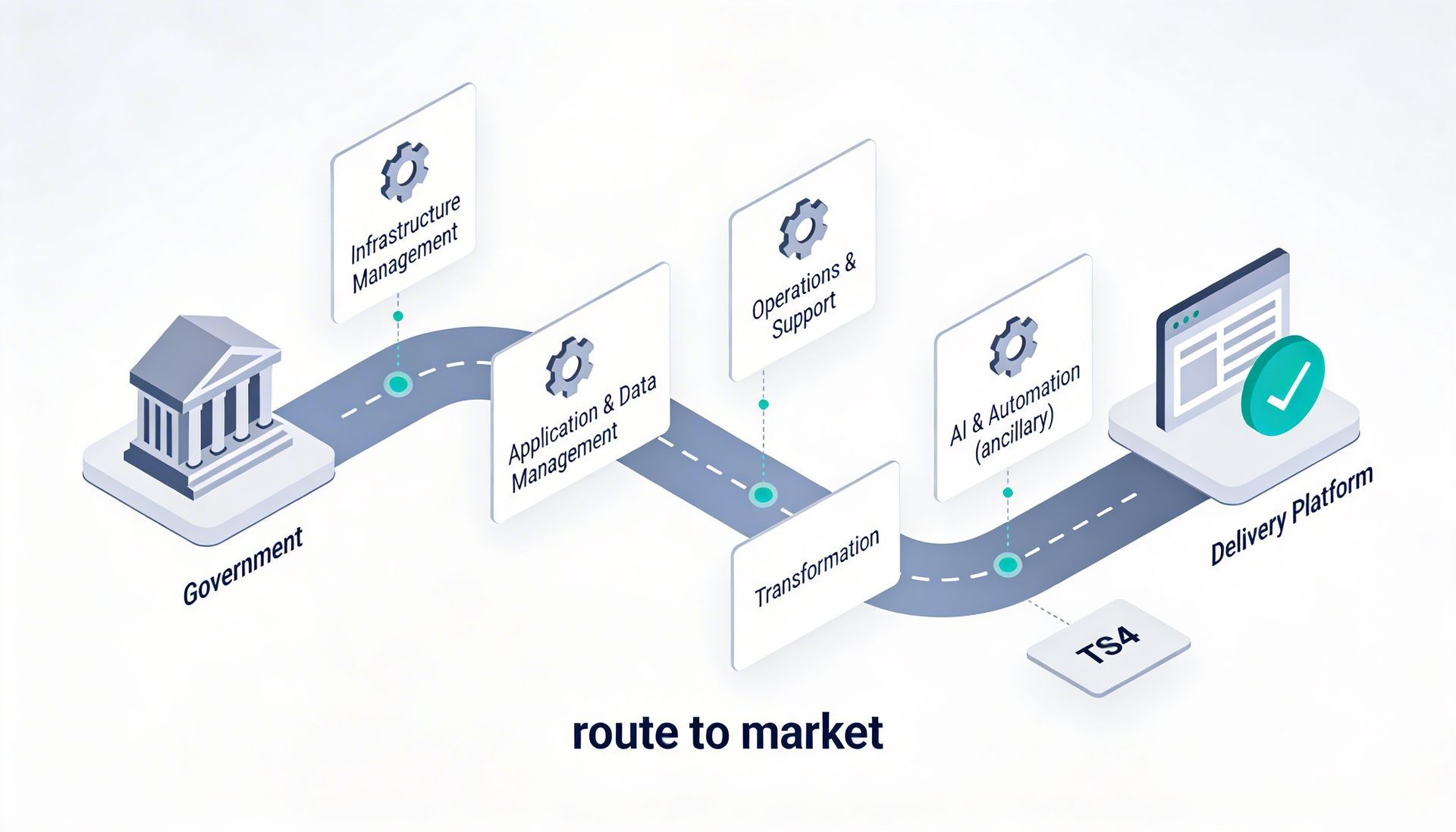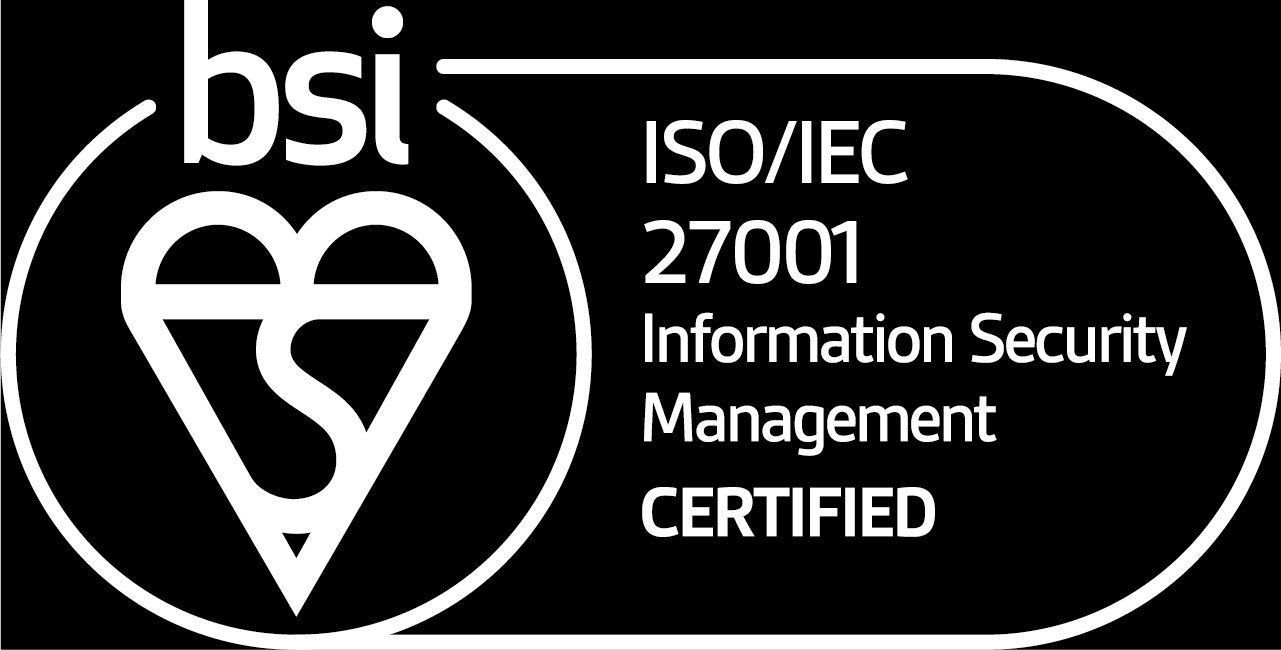Trust in the Age of AI: A Practical Guide to the New UK Security Standards
With the UK government's announcement of world-first AI cyber security standards, organisations need a clear roadmap for implementation. At Altiatech, we're already helping businesses adapt their security frameworks to meet these new requirements while maintaining operational efficiency.

The UK government has announced groundbreaking new cyber security standards for AI systems, marking a significant shift in how organisations must approach AI security. This world-first Code of Practice aims to protect British businesses and public services from the growing threat of cyber attacks, with recent data showing that half of UK businesses have experienced security breaches in the past year.
The announcement comes at a crucial time for the UK's AI sector, which generated £14.2 billion in revenue last year. The new standards will provide organisations with practical tools and guidance for securing AI systems against hacking and sabotage, including specific requirements for cyber security training, incident recovery planning, and risk assessment. This voluntary Code of Practice will form the foundation for a new global standard through the European Telecommunications Standards Institute (ETSI), cementing the UK's position as a leader in secure AI innovation.
Key Requirements Under the New Standard
The government's Code of Practice emphasises several critical areas:
- System Security
- Protection against cyber attacks
- Safeguarding against sabotage
- Secure development practices
- Deployment security
- Risk Management
- AI-specific risk assessments
- Vulnerability monitoring
- Impact analysis
- Mitigation strategies
- Recovery Planning
- Incident response procedures
- System restoration
- Business continuity
- Stakeholder communication
Altiatech's Implementation Strategy
At Altiatech, we recommend a phased approach:
Phase 1: Assessment
- Current security posture evaluation
- Gap analysis against new standards
- Resource requirement identification
- Compliance roadmap development
Phase 2: Design
- Security architecture updates
- Control framework development
- Policy and procedure creation
- Training programme design
Phase 3: Implementation
- Security control deployment
- Monitoring system setup
- Staff training execution
- Documentation completion
Practical Steps for Compliance
Our experience shows that successful implementation requires:
- Executive Buy-in
- Clear communication of benefits
- Resource allocation
- Risk understanding
- Long-term commitment
- Technical Infrastructure
- Security tools integration
- Monitoring capabilities
- Automation implementation
- Access controls
- Process Development
- Security procedures
- Incident response plans
- Audit protocols
- Review mechanisms
Benefits of Early Adoption
Taking action now offers several advantages:
- Competitive differentiation
- Early compliance achievement
- Risk reduction
- Enhanced security posture
Next Steps
To prepare for these new standards:
- Schedule a security assessment
- Review current AI implementations
- Develop a compliance roadmap
- Begin implementation planning
Get Expert Help
Contact Altiatech to discuss how we can help secure your AI systems and achieve compliance with the new standards.
📞 UK: +44 (0)330 332 5482
📧
innovate@altiatech.com
Ready to move from ideas to delivery?
Whether you’re planning a cloud change, security uplift, cost governance initiative or a digital delivery programme, we can help you shape the scope and the right route to market.
Email:
innovate@altiatech.com or call
0330 332 5842 (Mon–Fri, 9am–5:30pm).
Main contact page: https://www.altiatech.com/contact













